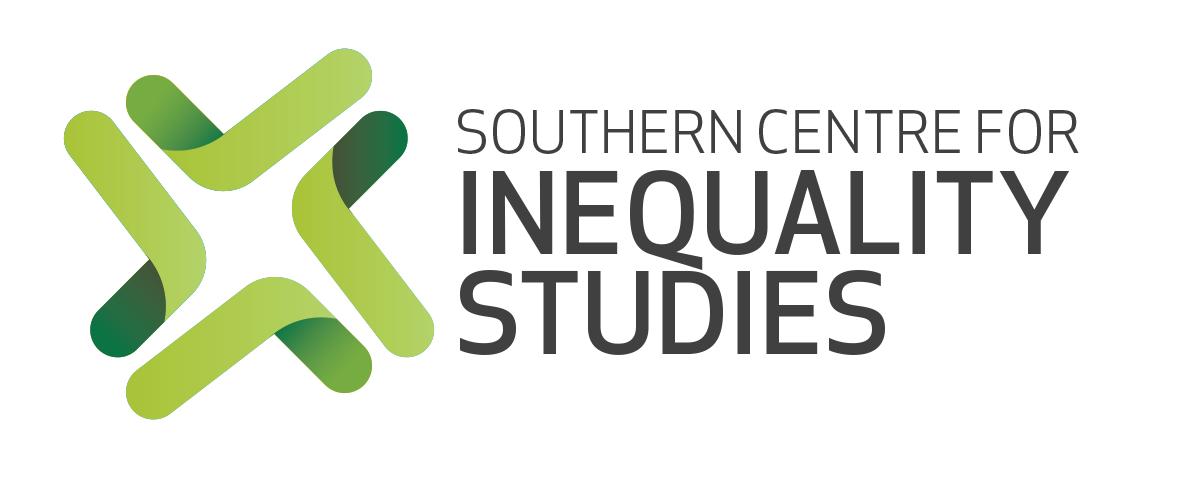7Qs for Academics: Ravi Srivastava
- SCIS
Today we speak to Professor Ravi Srivastava from the Institute for Human Development, India.
This is an ongoing series where we introduce some key researchers and academics getting to understand their work, their developing research interests as well as what keeps them engaged.
Explain the nature of your work and/or how it relates to inequality.
My work in recent years focuses on informality, labour migration, and discrimination. These relate closely to how labour market inequality is getting structured in the present capital-labour regime. Of course, the obverse side, i.e. growing inequalities due to accumulation/concentration of capital and wealth require equal attention.
Why do you think inequality remains such an intractable social and economic problem?
Inequality is closely linked to social structure and processes of capital accumulation which has its own fluctuating and changing dynamics but takes inequality as a given. Hence, the difficulty in proposing acceptable solutions which can fundamentally address inequality.
What continues to keep you engaged in your work or areas of research?
An urge to develop a better understanding of social problems and to propose and advocate solutions which are more consistent with equitable development.
What is one thing your field is not focusing on that it should?
As a social scientist, I don’t feel that there is an absence of focus on critical issues, but as an economist, I am quite appalled at the trivialisation of important issues (such as power) or lack of focus on others.
Who are some academics (in your field or otherwise) whose work you follow closely? Why?
No one in particular as of now. I have been following the vast emerging literature on inequality in this century as well as that on unequal development, informality, labour flexibility and labour migration.
What books are you currently reading?
Re-reading John Steinbeck’s Grapes of Wrath
Complete the sentence: “The first thing I do each morning once I get up is ...
read the morning newspapers over a cup of tea and mentally organise my day.”

